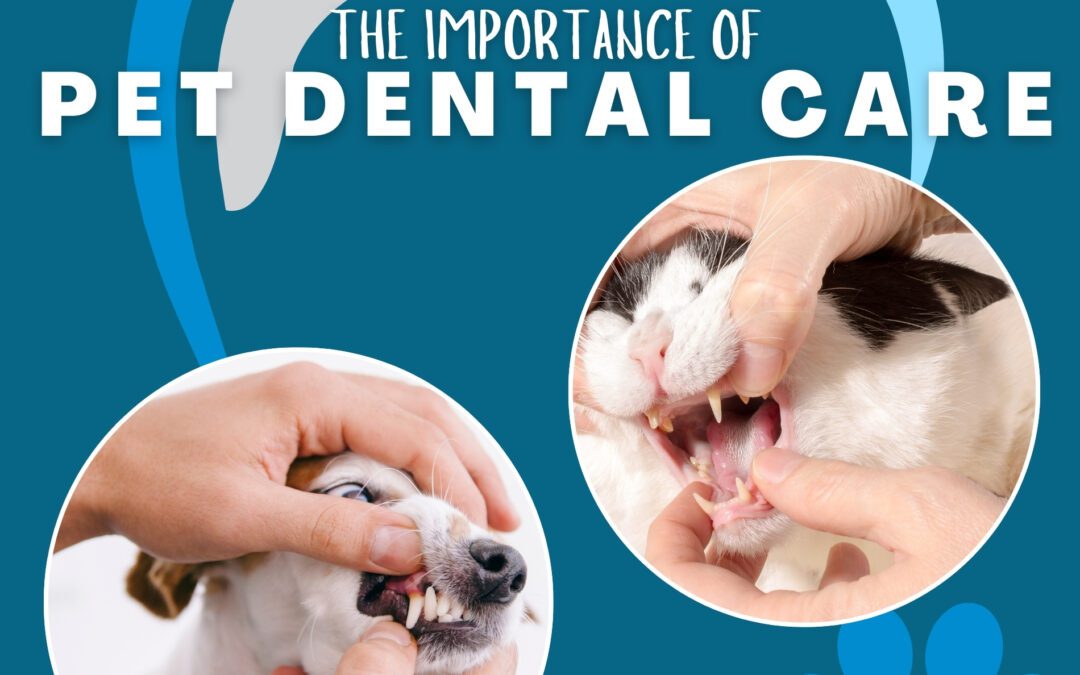Companion Pet Care strives to educate our pet parents about the best ways to keep your pets healthy, and this month we are focusing on their teeth with a weekly Pet Dental Health Series for the month of February.
Pet Dental Disease Facts
Dental disease is one of the most common health issues in our pets, and it is one of the most preventable. According to the American Veterinary Medical Association, 80% of dogs and 70% of cats show signs of oral disease by age 3. Advanced stages of periodontal disease can cause severe problems as well as pain for your pet. It can also cause other health problems that are found in association with periodontal disease such as; kidney, liver, and heart muscle changes. Though that may sound alarming, the good news is early detection is important in preventing dental disease. This is done by having your pet’s teeth and gums checked at least once a year by your veterinarian for early signs of periodontal disease, and to keep your pet’s mouth healthy.
Signs of Dental Disease
As the pet parent, you know your pets pretty well, and can also look for signs of potential dental problems with them. If you notice any of the following problems with your pet, contact your veterinarian to schedule an appointment to have your pet’s teeth and gums checked.
- Bad breath
- Broken or loose teeth
- Teeth that are discolored or covered in tartar
- Abnormal chewing, drooling, or dropping food from the mouth
- Reduced appetite or refusal to eat
- Pain in or around the mouth
- Bleeding from the mouth
- Swelling in the areas surrounding the mouth
Examining your pet’s mouth at home is the start to preventing dental disease. When examining your pet’s mouth, always take caution because if your pet is painful in their mouth, they may not want you to touch their mouth. If this happens, always contact your veterinarian to have them examine your pet’s mouth.
If your pet needs their teeth and gums checked, contact us at 239.219.6942 and we will be happy to help!

